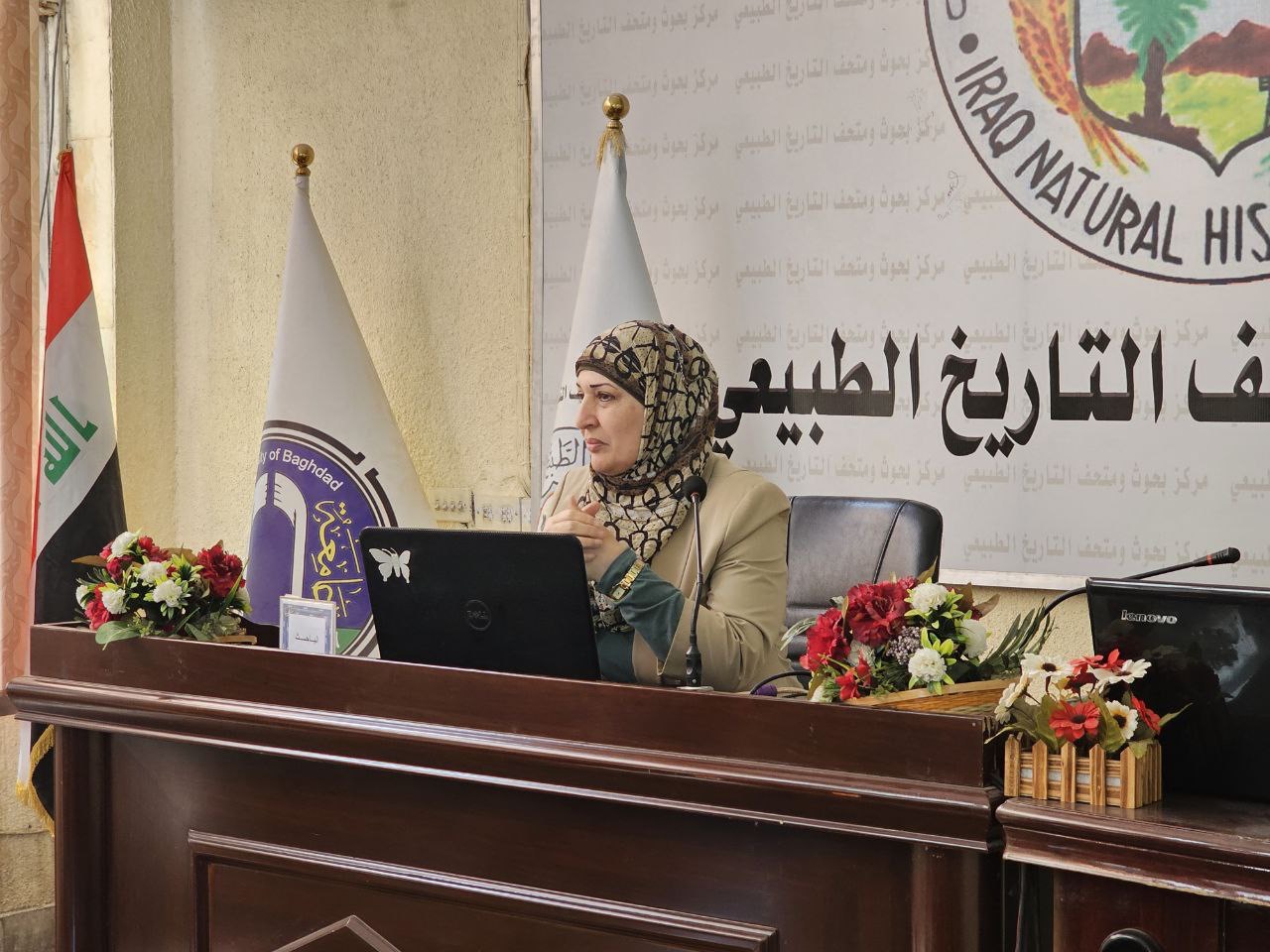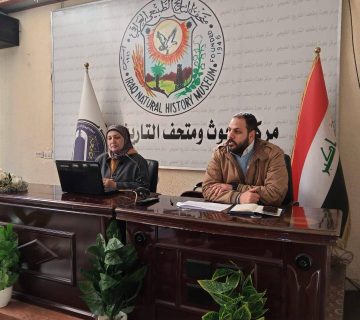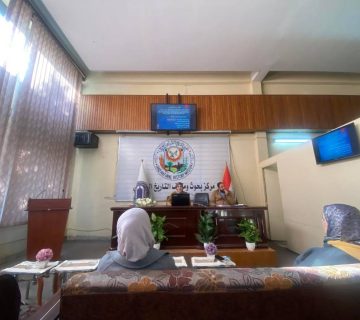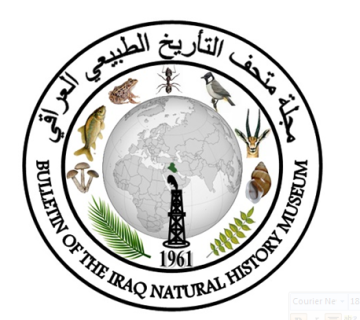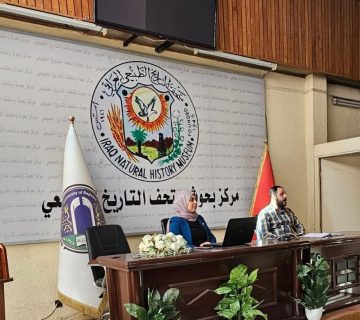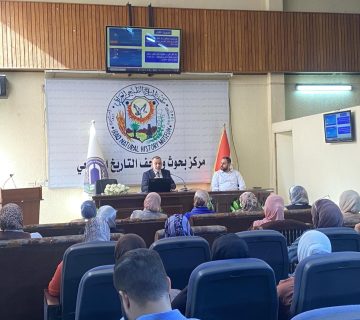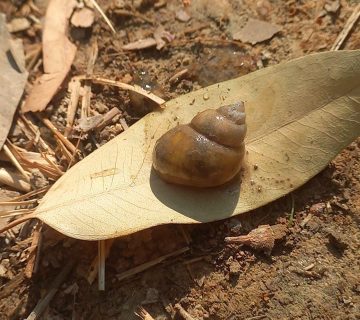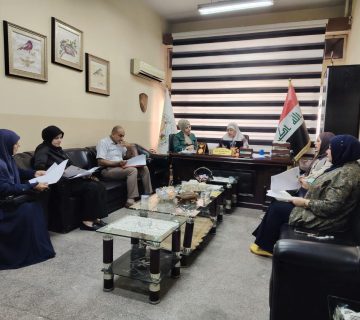Our center hosted a fascinating workshop titled “Biodiversity of the Al-Tar Caves and their Neighboring Areas.” The workshop was led by Professor Dr. Afkar Muslim Hadi, Head of the ichthyology Department, and explored this region’s unique ecological value.
Importance of Biodiversity:
The lecture highlighted the significance of biodiversity in the Al-Tar Caves and surrounding areas. Existing data from the Iraqi Natural History Research Center and Museum suggests a rich variety of life forms in the region.
Species of Concern:
The updated Red List of the International Union for Conservation of Nature (IUCN) identifies three mammal and eight bird species in the area that require attention:
These species are classified as “Near Threatened” or “Vulnerable”, indicating a potential risk of extinction.
Their presence underscores the ecological importance of the Al-Tar region.
Recommendations for Conservation:
The workshop concluded with a call to action for protecting this biodiversity hotspot:
Hunting Ban: A strict ban on hunting is essential to safeguard vulnerable species.
Funding for Research: Securing financial support from international organizations would enable more comprehensive field surveys to update existing data.
Species Reintroduction: Establishing breeding stations for threatened species could facilitate their reintroduction into the wild, promoting a healthy ecosystem.
By promoting these actions, we can ensure the continued flourishing of biodiversity in the Al-Tar Caves and surrounding areas. We applaud Professor Hadi for raising awareness about this vital issue and our center’s commitment to scientific exploration to benefit our environment.

